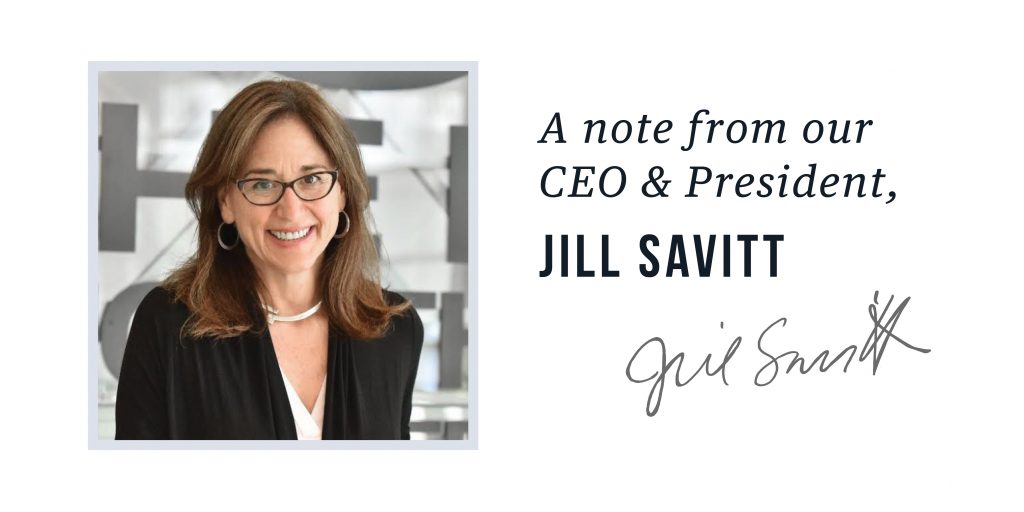[ad_1]
A Note From The CEO—Black History Month 2022

Dear Friends:
Atlanta has a shining history of civil rights. We tell that story in The Center and it is showcased all across our city with markers, murals, and memorials.
As we mark Black History Month, we celebrate that history of bravery and resilience.
This Black History Month we also want to highlight episodes of civil rights history that remain largely untold – painful chapters that are not taught in schools or recognized in our landscape.
Confronting and sharing this suppressed history is essential to creating a future that is more equitable. If we do not understand how we arrive at this moment of national discussion about race, equity, and justice, we will not have the information we need to move forward in a different way.
This month we will host programs on historical events in Atlanta—events that happened in prominent places—but are largely unknown.
The downtown Five Points neighborhood is one example. In 1906, a mob of 5,000 white people began a massacre in Five Points. The mob murdered 25 Black people in a killing spree that lasted four days. That event is called the 1906 Atlanta Race Massacre—and it wasn’t added to Georgia’s history curriculum until 2007, more than 100 years later.
There is no memorial to the victims of this race massacre—and no explanation or recognition that this crime happened, even though the event shaped the future of Atlanta.
Our February 15th program on the 1906 Atlanta Race Massacre will share the history of that event, as well as ways individuals and groups can engage to share and discuss it.
Another piece of hidden history happened at Bellwood Quarry—the centerpiece of the new Westside Reservoir Park. Press coverage about the new park touts the quarry’s amazing views and the fact that it will hold the city’s emergency drinking water.
Less well known is that about 130 years ago, Bellwood Quarry was a convict labor camp where many newly freed Black men, women, and children were horribly mistreated and even worked to death.
After the end of slavery, and in search of free or cheap labor, Southern business and government leaders colluded to arrest African Americans for bogus or petty crimes, and lease them to railways, mines, and plantations. This “slavery by another name” lasted for decades, affecting generations of Atlantans.
On February 23rd, we will host a program about convict labor on the westside of Atlanta as well as our work with partners to create a memorial at the quarry to honor what happened there.
All of this work is part of a project we call Truth and Transformation, an initiative to help our community engage critically and honestly with the truth of history.
We hope you will join us for our Black History Month programs and become a part of this work.
Best,
Jill
[ad_2]




